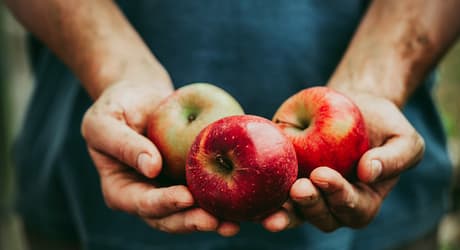Get in touch
Our automation works smarter, wastes less, and optimizes your lines to ensure quality is consistent and potential recalls are a thing of the past.
Speak with us to learn how you can make Every Resource Count!™
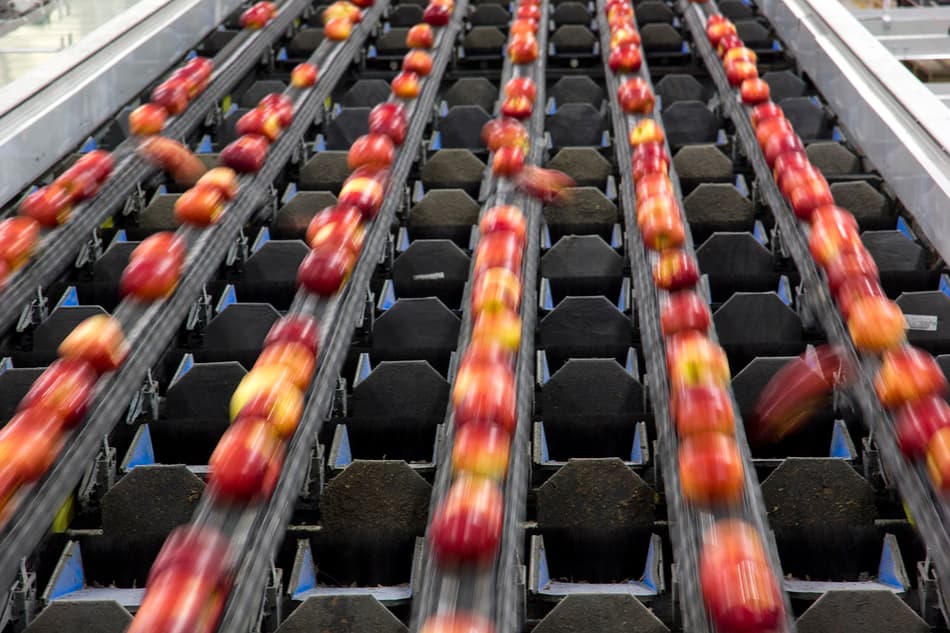

Damien Gibson, Global Category Director Apples at TOMRA Food, analyzes in this article the challenges faced by apple packhouses and explains how TOMRA Food’s solutions allow them to reduce the labor required for sorting whilst significantly improving the consistency, accuracy, and packout of the sorted product.
Although apples are one of the world’s most widely-consumed fruits, their popularity doesn’t make it any easier for businesses growing, sorting and packing them. If anything, the standards required in apple production are getting tougher.
Because apples are in plentiful supply all year round, consumers are reluctant to purchase any that are sub-standard. This puts retailers and packhouses under pressure to deliver consistent product quality all the time. So, too, do food safety regulations, especially in export markets. Now more than ever before, apples require accurate and consistent sorting and grading.
As the global supply of apples generally keeps pace with demand - some 86 million tonnes are grown every year - profit margins can be tight. This increases the pressure on packhouses to improve operational efficiencies and minimize cost-per-kilogram. And as consumers and retailers increasingly expect the food industry to adopt sustainable business practices, there is further pressure to improve packing efficiencies in order to reduce food waste.
All this is complicated by the fact that growers are striving to achieve bigger yields and better pack-out by introducing new varieties. This means packers will be required to acquire knowledge about the new fruit, its possible internal and external imperfections, and how to grade it accurately.
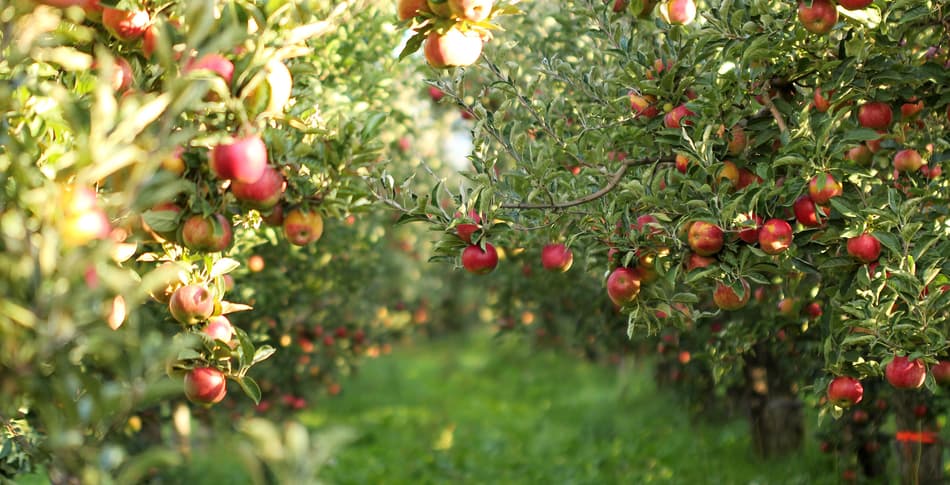
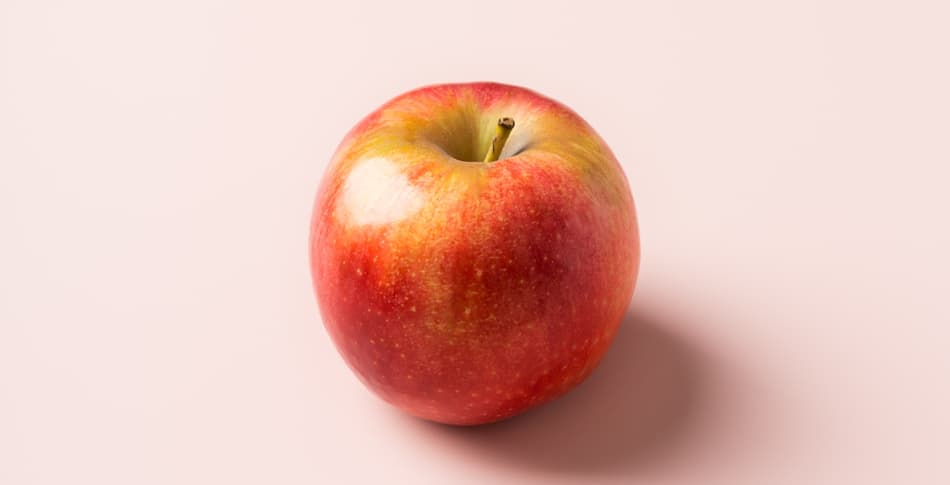
These challenges mean that packhouses must strike a balance between quality and quantity. While product quality has to meet customers’ requirements, over-delivering on quality is no smarter than over-delivering on quantity. The right products must be packed in the right box every time.
At the same time as striving to achieve this balance, many packhouses face another challenge: those who have traditionally relied on manual labor to handle grading and packing are now finding it difficult to recruit and retain people. Labor shortages, immigration constraints, and changing demographics are all having an effect. What’s more, many packers need to reduce their dependence on labor - or deploy workers to other tasks in the plant which add greater value - for their businesses to be financially sustainable.
There is, however, much to look forward to - and not only in the future, but starting right now. The huge value of the global apple market - approximately US$79bn per year - can profitably sustain the many thousands of growers and packers able to stay competitive. And staying competitive is made much easier by adopting today’s state-of-the-art sorting and grading technologies, which solve the challenges faced by packhouses today.
Solutions are available for businesses of almost every size, whether they pack 4,000 or 10,000 tonnes per year. These solutions enable packhouses to ensure product quality; to improve efficiency by ensuring the optimum market mix goes into each box; to improve sustainability by reducing food waste; and to improve traceability backwards and forwards along the supply chain. All of this empowers packhouses to enhance or protect their market position.
These solutions are offered by TOMRA Food, the world’s leading manufacturer of optical inspecting, sorting and grading machines for the food industry. TOMRA’s technologies allow packhouses to reduce the labor required for sorting whilst significantly improving the consistency, accuracy, and packout of the sorted product.
TOMRA’s innovative, industry-leading solutions for apple packhouse operations include the TOMRA 5S Advanced sorting and sizing platform, Spectrim sorter and grader, UltraView inspection module, and Inspectra² apple grading system.
The TOMRA 5S Advanced, which first became available in 2021, builds on the class-leading performance of Compac’s Multi Lane Sorter (Compac was acquired by TOMRA in 2016), but was redesigned from the ground up. This is the only platform truly designed for hygienic operation, with toolless cleaning and sanitization, and 100% stainless steel and food-safe polymer contact areas. And as its name suggests, this is the fruit industry’s most advanced sorting platform. Unrivaled efficiencies are made possible by the machine’s specialized software features and connectivity to the data platform TOMRA Insight.
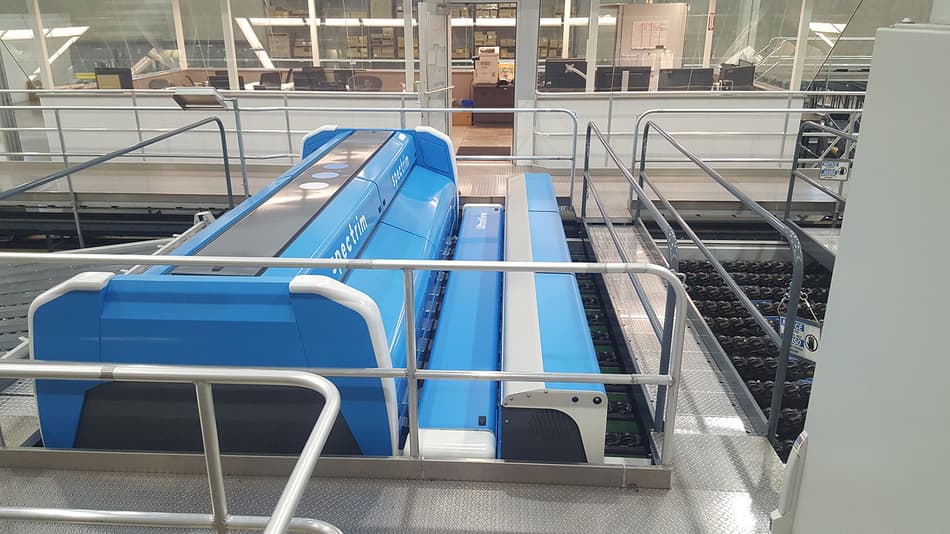
The TOMRA 5S Advanced’s software features provide for optimization and efficiency across the line and include programs for element mixing, exact packout optimization, and throughput control, as well as a Dynamic Lane Balancer. These features improve productivity, quality and efficiency - and can be controlled easily via the sorter’s intuitive graphic user-interface.
Connectivity to the cloud-based subscription service TOMRA Insight can make sorting machines the digital heart of packhouse operations, future proofing packhouse businesses by meeting the industry’s evolving needs over the next 10 years or more. TOMRA Insight enables better flow of information up and down the supply chain, and opens a pathway to traceability from bin to pack. It also empowers packhouses to improve efficiencies by making better, data-driven decisions.
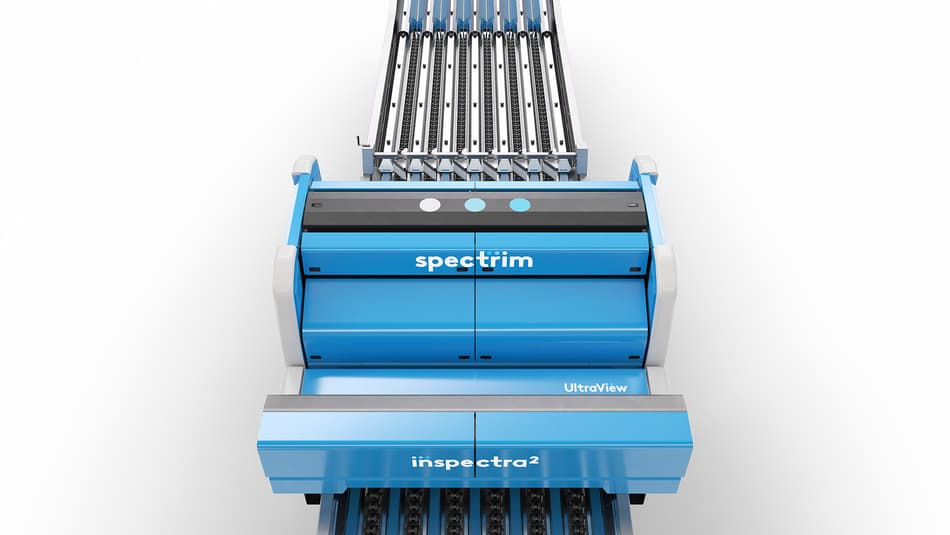
When using Spectrim, first the apples are sorted according to surface blemishes. Then they are graded on minor and major defects, including skin blemishes, insect damage, misshapen fruit, bruising, and abrasions. Sorting parameters can be configured to grade for differing levels of defects, so that there’s full control when matching product grades to different markets.
The UltraView inspection module integrates with Spectrim to take its ‘seeing’ power to the next level. With a dedicated set of high-resolution multi-spectral (color and infrared) cameras and LED lights located ideally close to the fruit and parallel to its direction of travel, this is the world’s most powerful fresh produce grading platform. UltraView can identify defects which are otherwise difficult or impossible to detect in the fruit’s stem bowl and tip region.
Inspectra² is a non-invasive solution for internal defect grading. This platform’s near-infrared spectrometer can detect brix, core rot, internal browning, water core, firmness, hue, and bleeding. These detection capabilities keep bad apples out of a good box and reduce fruit giveaway.
Utilizing all these capabilities, packhouses can eliminate some of their toughest daily operational challenges, optimize efficiency, and provide customers with precisely the product quality they’ve asked for. And by having the ability to keep good out of bad, packhouses can do even more than this: in a world where the market value of many brands depends mostly on intangible assets including brand equity, they also protect their customers’ brand reputations.
How TOMRA Sorting and Grading Solutions can help Apple Packhouses meet operational challenges - and protect customers’ brand reputations
5.07 Mb

